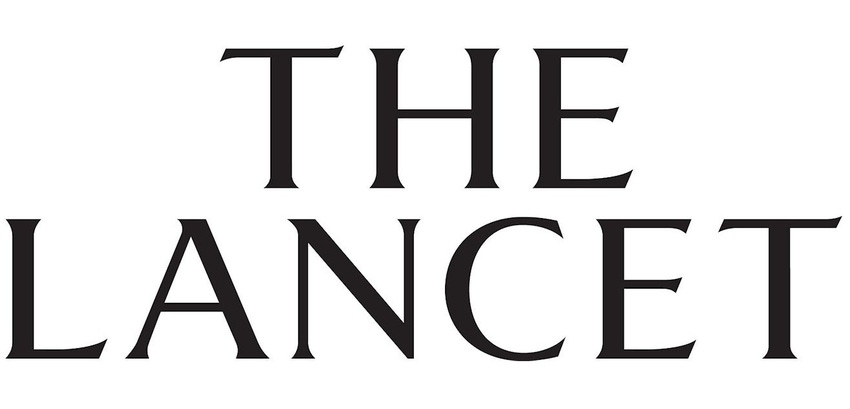Communicating our message: How to talk about EAT-Lancet report
I have read and “viewed with alarm” the usual and expected onslaught of hand-wringing and often self-righteous opinion columns about the EAT-Lancet report.
February 8, 2019

I’ve worked in public relations for more than 40 years and it has taught me many things. The most important of which is if you want to have an effect on consumer attitudes do not ever be caught talking to yourself. It does not matter if you have the real facts on your side. It does not matter if that “other” guy has a palpable agenda. It does not matter if you’re convinced that the offending message is leading us to a fearsome future of perdition.
So, let me borrow a tired old phrase that ought to be retired immediately afterward. I have read and “viewed with alarm” the usual and expected onslaught of hand-wringing and often self-righteous opinion columns about the EAT-Lancet report. Most borrowed the language of the infuriated few talking to a closely held list of friends and family. Phrases like “alarmist activism” or “agenda-driven” and “written with an end-in-mind conclusion” and this fiery statement: “The EAT-Lancet report is based on dubious science and is irresponsible” littered the literary ag landscape.
After a quick review of the more than 7,200 comments about the EAT-Lancet published in a variety of sources after the Lancet report, one of the few quiet, less “put your dukes up and let’s fight about it” comments I found was from Joanna Lewis, policy and strategy director at the U.K.’s Soil Assn. and chair of the Food Ethics Council.
She wrote, “The EAT-Lancet report has made an important contribution to the conversation. But for farmers, who need to plan long ahead, there are many uncertainties and it is not surprising that this radical report has generated some apprehensive responses.
The priority now must be moving from global recommendations to local realities –- we must define what healthy and sustainable farming and diets mean here in the U.K., and press ahead with the urgent task of making such farming and diets the norm.”
She acknowledged what is already known by many of the people who look to the future. “Dietary habits are already changing, and farmers and citizens will need all the help available to respond to these huge challenges.”
Of course, we have too many who insist on looking backward and insisting that the way things were is the way they should be, always and forever. Let’s call them agricultural luddites. Not the folks who can appreciate a John Deere 9620RX when a mule and an iron plow will do.
Now that the immediate onslaught of “ain’t it awful” pro-ag, anti-EAT comments have tapered off, let’s talk about how we should engage the general public, the other 98% who don’t farm and prefer their information in short, bite-sized morsels, no more than 40 words, preferably less.
After the ag pundits finish preaching to the choir, most of whom already know how to sing that tune, it’s time to have a frank and open discussion with the public. Trashing the authors of an unacceptable report rarely works, especially if their credentials indicate they are respected scientists. The public usually perceives it this way: Educated research on one side and special interest-driven replies on the other.
Because the EAT-Lancet report hit the decks first with plenty of well-credentialed authors behind it, most rebuttals by agriculture will be viewed as “just another attack on common sense by big ag.”
Question #1: What do we want the public to understand and accept?
Question #2: There isn’t one. Answering the first question is the only thing we should worry about.
The answer: The EAT-Lancet report has some warts; some obvious, others not so much. Highlight the obvious that sit prominently on its nose but don’t forget the ones that are hiding on the backside of the report.
Perhaps most ‘nose-worthy’ is something most writers missed and it could be the most damning issue behind the report. The EAT Foundation was founded by Norwegian multi-millionaire vegan and animal rights activist Gunhild Stordalen. Could that be the suspicious floater in the punch bowl?
The curiously tight Stordalen link could be the EAT report’s undoing. So could a well-reasoned review of the unintended consequences of any significant agricultural change forced by the report. What could really happen because of a drastic reduction in animal agriculture and a corresponding increase in the production of alternative foods? How many heads of cauliflower would we have to grow to equal the nutrient value of a pound of beef? Do we have enough arable land to grow the staggering tonnage of fruits, nuts and vegetables needed?
Bottom line: It’s time to stop all that preaching-to-the-choir feel good stuff and start a meaningful, important dialogue with really important people —- the general public.
About the Author(s)
You May Also Like



